Game Theory:
Game Theory is a useful approach to the study of international politics. Originally, game theory was developed by Emile Borel as early as 1920. But it gained popularity only after John Von Neumann had brought out a volume in collaboration with Oskar Morgenstern, an economist, ‘Theory of Games and Economic Behaviour‘ in 1944. The credit for introducing and to some extent applying this theory in the study of politics goes to R. Duncan Luce and Howard Raitta, Martin Shubik and Anatol Rapoport. Game Theory, however, has been used more in political science for the study of international politics, more particularly in the field of coalition behaviour, judicial behaviour and conflict situations where its main advocates are Morton A. Kaplan (System and Process in International Politics, 1957), William H. Riker (The Theory of Political Conditions, 1962), Thomas C. Schelling (The Strategy of Conflict, 1966), it attempts to build a model of the game and then try to apply it to the study of international politics. In this model, nations are considered as players. It operates on the assumption that the political progress ‘is the confrontation like a chess game, or a contest between two merchants or brokers, or the manoeuvres of rival political candidates, or the counteractions of opposed diplomats. Needless to say, countries and institutions can be deployed as individuals.
Game Theory stands for the application of the mathematical model to the study of political phenomena. It operates on the assumption, says Charlesworth, that the political process “is the confrontation like a chess game, or a contest between two merchants or brokers, or the manoeuvres of rival political candidates, or the counteractions of opposed diplomats”. ‘This Theory’ writes S.P. Verma, ‘owes its genesis to parlour games, like chess poker or bridge with obvious elements of conflict, decision-making and co-operation, played between two or more players where the decisions of each player are contingent upon the decisions of others, and the central point, therefore, is the interdependence among the decisions of different players participating in the game. In a situation of this kind where each player is interested in winning the game, and two or more individuals have to make choices and have preferences regarding the outcomes of those choices, it is necessary that they have some knowledge of the choices, available to and made by, each other and of the preferences, the other players have in their choices. The crux of the parlour games is that it is not possible for any one player to make a choice: whatever choice he makes depends inextricably on the choices made by the other players’.
Jack C. Plano and Robert E. Riggs, in their work ‘Dictionary of Political Analysis’, define game theory as “a body of thought dealing with rational decision strategies in situations of conflict and competition, when each participant or player seeks to “maximize gains and minimize losses”. This theory stands as referred earlier, for the application of mathematical models to the study of politics. As Martin Shubik says, “Game Theory is a mathematical method for the study of some aspects of conscious decision-making in situations involving the possibilities of conflict and or cooperation. It deals with the processes in which the individual decision unit has only partial control over the strategic factors affecting its environment. The decision unit may be an individual, a firm, a government or any formal or informal institution”. Game Theory, therefore, becomes the formal study of the rational, consistent expectations that participants can have about each other’s choices”.
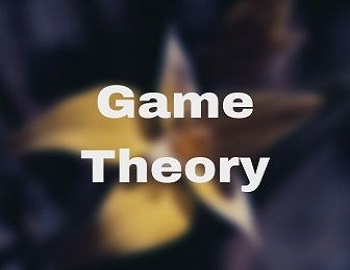

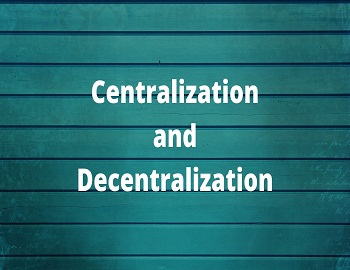

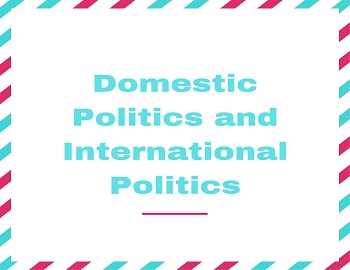

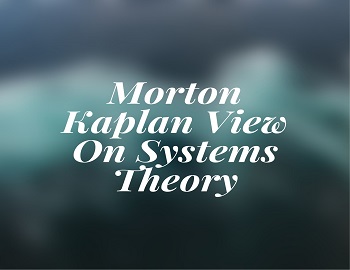

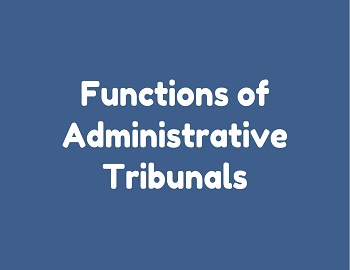
Comments (No)